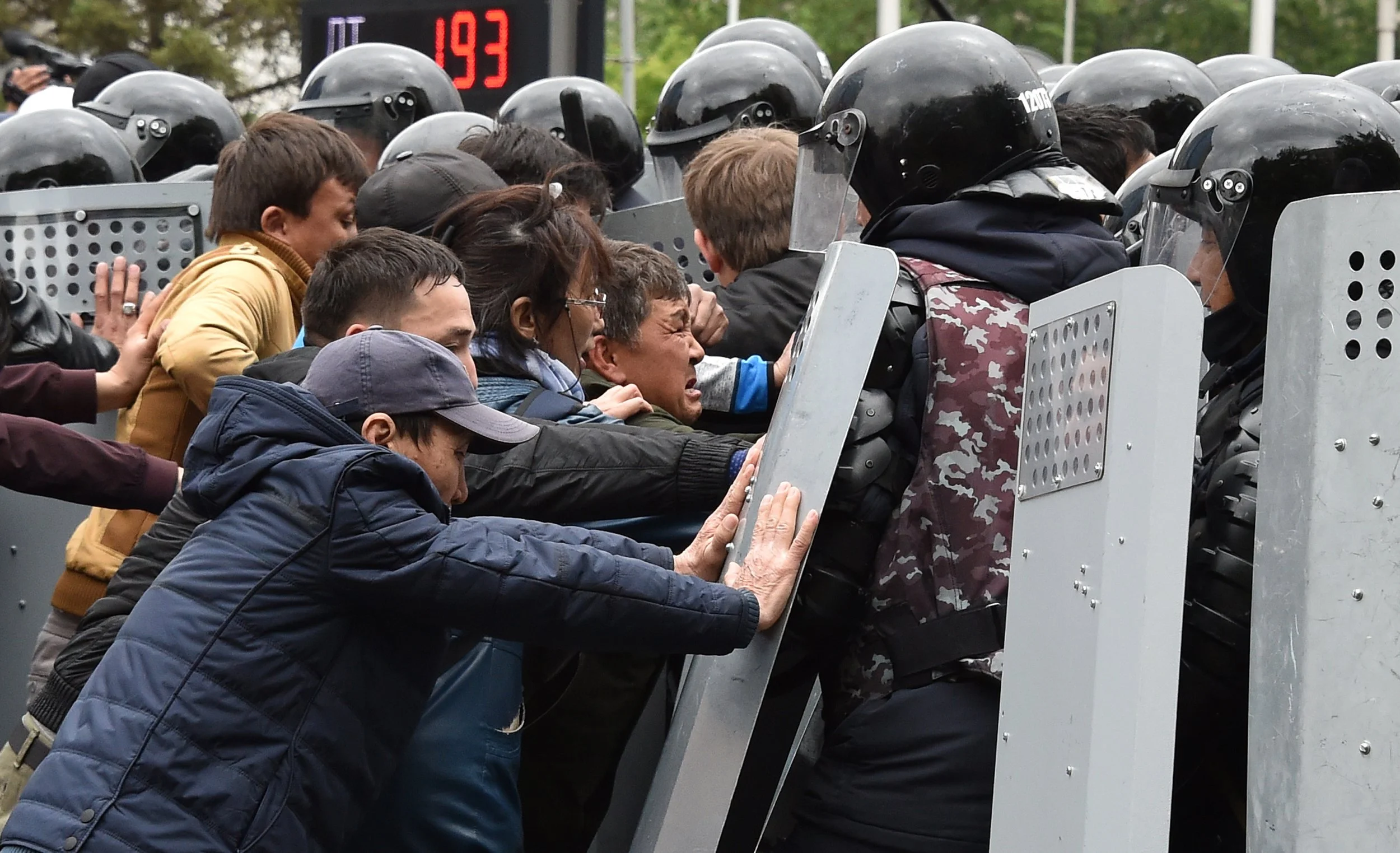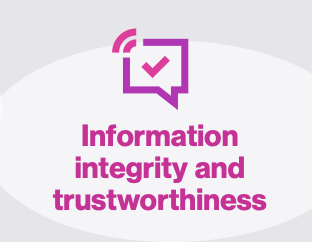Laura L. Adams, Ph.D.
Founding Partner and Principal, Strategy and Learning
My superpower is turning complexity into action. I do this by translating research into theories of change, strategies, and program designs.
The strongest tools in my toolbox are complexity-aware strategic planning and theories of change; causal pathway research and evaluation design; participatory learning and organizational change; and synthesizing applied research to maximize the uptake of findings.
Before launching my independent practice, I spent 15 years in leadership roles at Harvard, USAID, Freedom House, and Pact, bringing educational and nonprofit organizations together to collaborate, learn, and increase their impact.
My research and applied work has focused on the resilience of human rights defenders, civil society organizations, and social movements in non-democratic contexts such as Uzbekistan. In these environments, pro-democracy actors often have to plan for uncertainty, build trust across social or geographic boundaries, and adapt to rapid shifts in the political environment.
I have advised organizations of various sizes and in different political contexts on other topics including:
Methodology: improving rigor in qualitative research and evaluation; ethical and power-sensitive research and evaluation practices.
Democratic backsliding: closing civic space, information integrity and information ecosystem resilience; trust-building in polarized or low-trust environments
Cognitive and behavioral science: social and behavior change communications; norms change
Equity and inclusion: localization and shifting the power in international development; multi-stakeholder co-creation of programs and strategies
Higher education and area studies
Examples of my work
-

Workshop: Strategic Planning for Closing Civic Space
Workshop participants get a clearer understanding of the ways that authoritarian governments restrict civil society organizations, and how organizations have countered these threats. Participants apply this information to a scenario planning process, then develop their own adaptive management plans using tools that can help keep the organization on track for its goals during a crisis.
-

Collective Action and Network Diversity
Systems level social change requires civic actors to form networks that take collective action. Collective action is more successful when the network is made up of diverse civic actors. However, such networks are often challenging to build and sustain, especially in political contexts where these changes are resisted by powerful state and non-state actors. This five-page evidence brief provides funders, facilitators, and weavers of diverse networks with an overview of what is needed to build diverse coalitions under challenging circumstances, and what the alternatives are to the default model of a long-term coalition. A slide deck version is also available.
-

Comparative case study research for donors and activists
Role: project lead, first author
Overview: How Civic Mobilizations Grow in Authoritarian Contexts analyzes 21 recent examples of civic movements in authoritarian countries to determine the factors that helped or hindered their growth. These factors include whether these movements are led by new or established opposition members, how mobilization campaigns frame their cause, and the roles played by diasporas, the internet, and repression. Includes policy and action recommendations for pro-democracy donors and activists.
-

Evidence-based guidance for human rights defenders
Role: Lead researcher, author, and workshop facilitator
Overview: Civic network analysis (CNA): A guide for strategy and action in restrictive contexts guides facilitators in leading small nonprofits through a participatory exercise designed to help them strategize about how to build solidarity and support for their cause within their existing social networks. This kind of network analysis is designed to be accessible for human rights activists, marginalized groups and other grassroots organizations with the goal of helping expand the possibilities for collective action and solidarity within the constraints of concerns for information and individual security.
-

Participatory and feminist research and evaluation methods
Roles: advisor, teacher, theorist
Overview: I have been writing about and teaching feminist research methods and participatory evaluation methods for decades. If you would like to learn more about the feminist research principles I work with, click on the “teaching” link above for a 10 minute lecture from my graduate course on participatory monitoring and evaluation at George Washington University.
-

Learning agendas
Role: lead of the global process
Overview: I have led the participatory creation and implementation of global organizational learning agendas at USAID, Freedom House, and Pact. The learning agendas I develop hone in on the highest priority focus areas and develop customized questions and action-to-utilization plans that meet the needs of each organizational unit and external partner. The results of learning agenda activities I designed have been influential in improving international democracy and human rights program design. To see how I facilitate peer-learning through a learning agenda process, the first 11 minutes of this video would be relevant.

